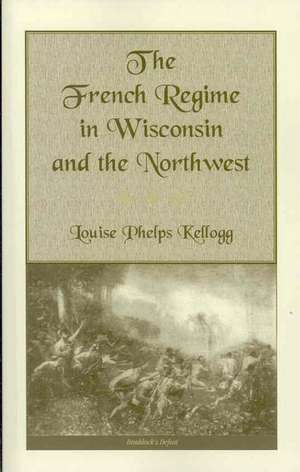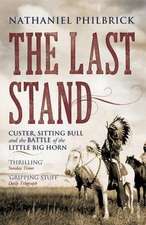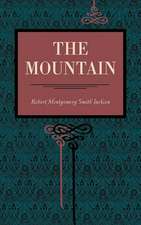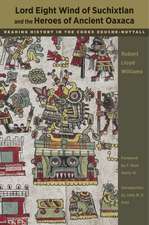The French Regime in Wisconsin and the Northwest
Autor Louise Phelps Kelloggen Limba Engleză Paperback – 30 apr 2009
Preț: 256.78 lei
Nou
Puncte Express: 385
Preț estimativ în valută:
49.14€ • 51.43$ • 40.90£
49.14€ • 51.43$ • 40.90£
Carte tipărită la comandă
Livrare economică 31 martie-14 aprilie
Preluare comenzi: 021 569.72.76
Specificații
ISBN-13: 9780788417665
ISBN-10: 0788417665
Pagini: 546
Dimensiuni: 216 x 140 x 28 mm
Greutate: 0.63 kg
Editura: HERITAGE BOOKS
ISBN-10: 0788417665
Pagini: 546
Dimensiuni: 216 x 140 x 28 mm
Greutate: 0.63 kg
Editura: HERITAGE BOOKS
Notă biografică
Juliette Kinzie was born September 11, 1806. Raised in Middletown, Connecticut, she began her formal education at a boarding school in the New Haven area. Unusual for her time, Juliette's schooling did not end there. Beginning with tutelage by her uncle, Alexander Wolcott, she worked her way toward acceptance into the prestigious Emma Willard's School in Troy, New York.
In 1830, Juliette married John Harris Kinzie and moved west with him to fulfill his appointment as an Indian sub-agent at Fort Winnebago. If Juliette had expectations of her role in a frontier Indian Agency upon her arrival, the next three years would present both challenges and times of discovery. Following adventure, war, famine, and the rigors of frontier fort life, opportunity in Chicago called the Kinzies away. While her stay in territorial Wisconsin was brief, the impact was lasting.
In Chicago, Juliette began writing and publishing works of fiction such as Walter Ogilby and Mark Logan the Bourgeois. She additionally wrote of early Chicago's Fort Dearborn days, in which her husband's family had played a considerable part. In 1856, her memories of the old Northwest resurfaced in the form of a memoir which was published under the title Wau-Bun: The "Early Days" in the Northwest. In this narrative, she relayed her experiences at Fort Winnebago's Indian Agency. Her anecdotes about the Natives, the military, frontier travels, and her in-laws' experiences in the wilderness are as significant to the scholar as they are vivid to the casual reader.














